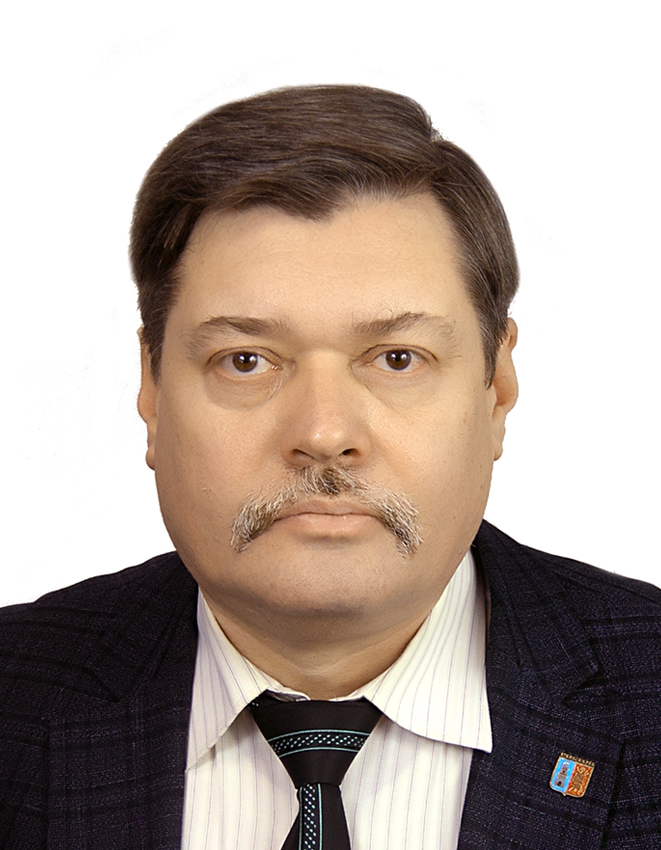The stories about the incorruptible body of Pandito Hambo Lama XII Dashi Dorjo Itigelov have acquired the characteristics of narratives about a miracle. This article attempts to identify the significance of discourses about the “miracle of Itigelov” for modern Russian Buddhism by investigating the concept of miracles in the Mahayana Buddhism, the explanation for the incorruptibility of the lama’s body in Tibetan Buddhism and the correlation between these two concepts and modern discourses regarding the “miracle of Itigelov”. Using discourse analysis as a methodological approach, the authors of the article consider the miracle as not an ontological reality, but rather as a narrative about an event that has a special appeal and at the same time semantic significance for religious traditions. The study found that, in Mahayana religious discourses, miracles are vividly contrasted with everyday experience in order to make the everyday existence and samsara phenomena seem deceptive in comparison to the eternal and absolute reality Buddha's omniscience. The miracle appears, firstly, as an expression of the unique qualities of the Buddha, secondly, as special qualities that can be acquired after achieving a certain level of perfection, and thirdly, as a skillful means for didactical purposes. In the Tibetan Buddhist tradition, Itigelov's abilities are seen as the result of his high level of comprehension and wisdom in the Tantric path. From this perspective, modern discourses on the “miracle of Itigelov” can be seen not only as stories of lama’s supernatural powers, but also as indications of abilities that can be achieved in Buddhism. Thus, this case confirms the general intention of religious discourses – to demonstrate the exclusivity of their religion.
Key words: death, discourse, Hambo Lama Itigelov, incorruptible body, Mahayana Buddhism, miracle, Tantra
DOI: 10.22250/2072-8662-2024-3-120-127
About the authors
 |
Alisa K. Viksne – Master student of the Institute of Philosophy and Social and Politic Studies, Southern Federal University; 105/42 Bolshaya Sadovaya str., Rostov-on-Don, 344065, Russia,; This email address is being protected from spambots. You need JavaScript enabled to view it. |
 |
Sergey N. Astapov – DSci (Philosophy), Head of the Department of Philosophy of Religion and Religious Studies; Southern Federal University; 105/42 Bolshaya Sadovaya str., Rostov-on-Don, Russia, 344065; This email address is being protected from spambots. You need JavaScript enabled to view it. |






